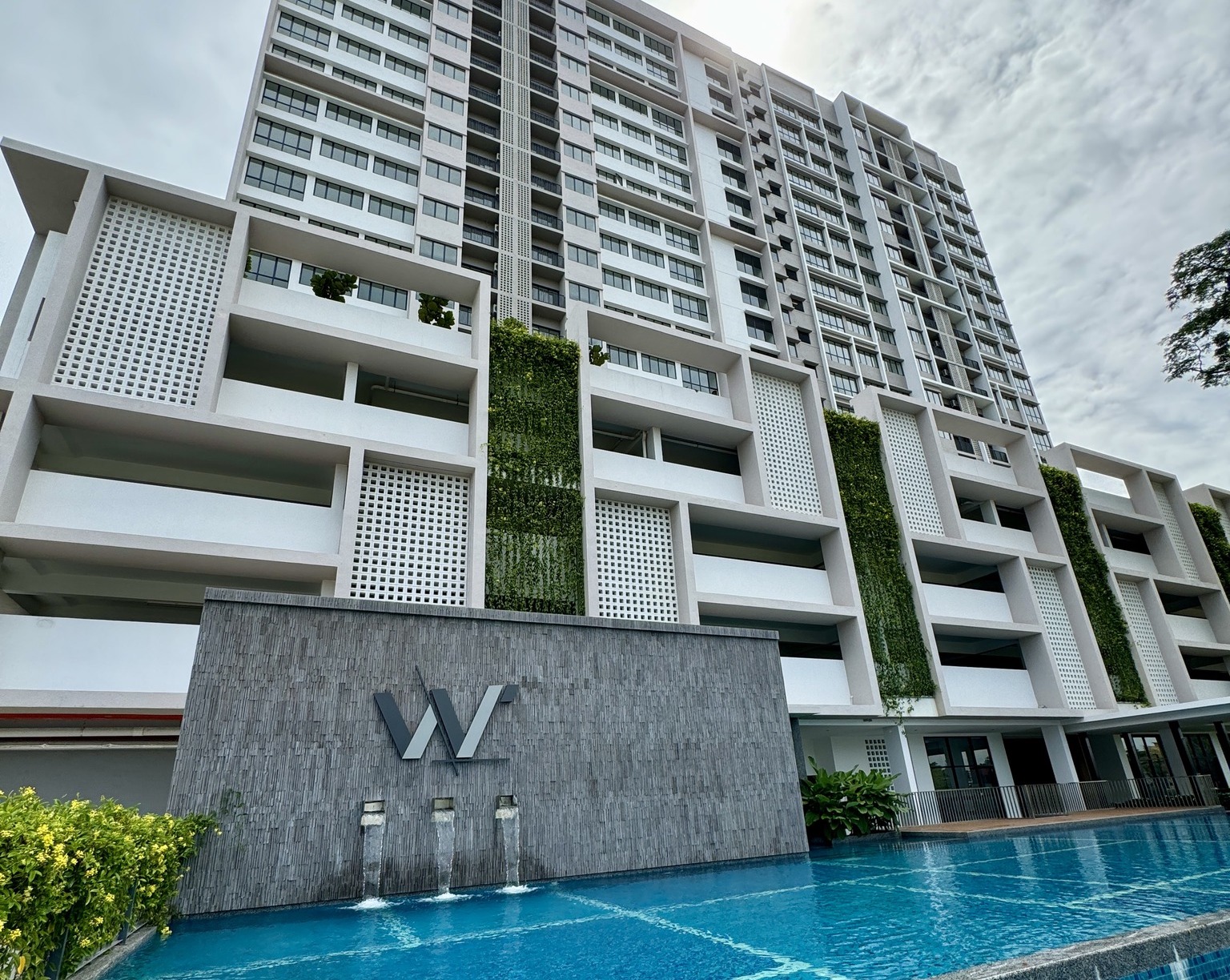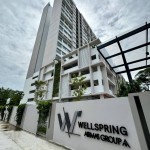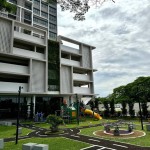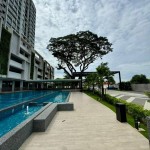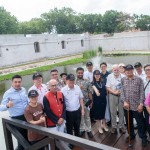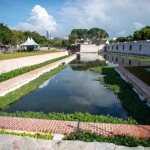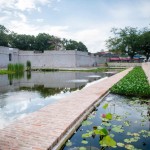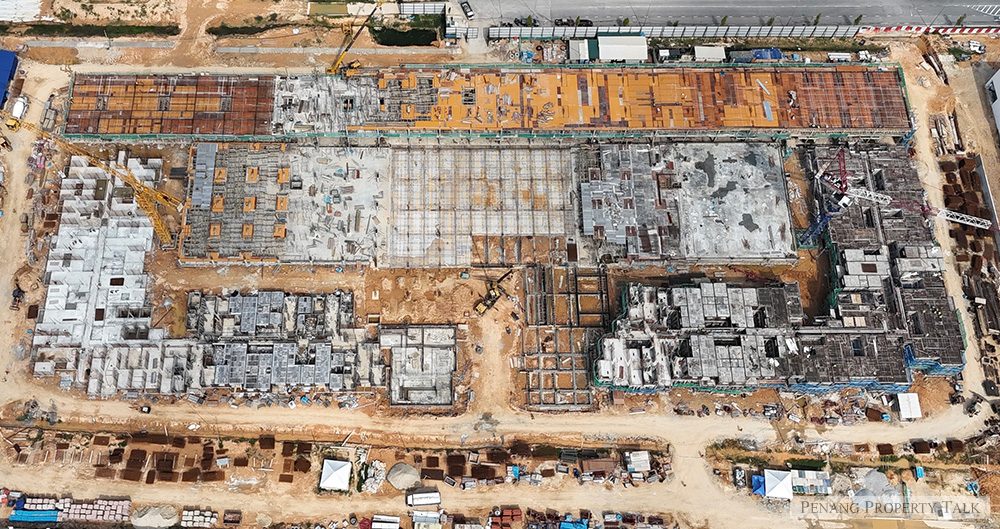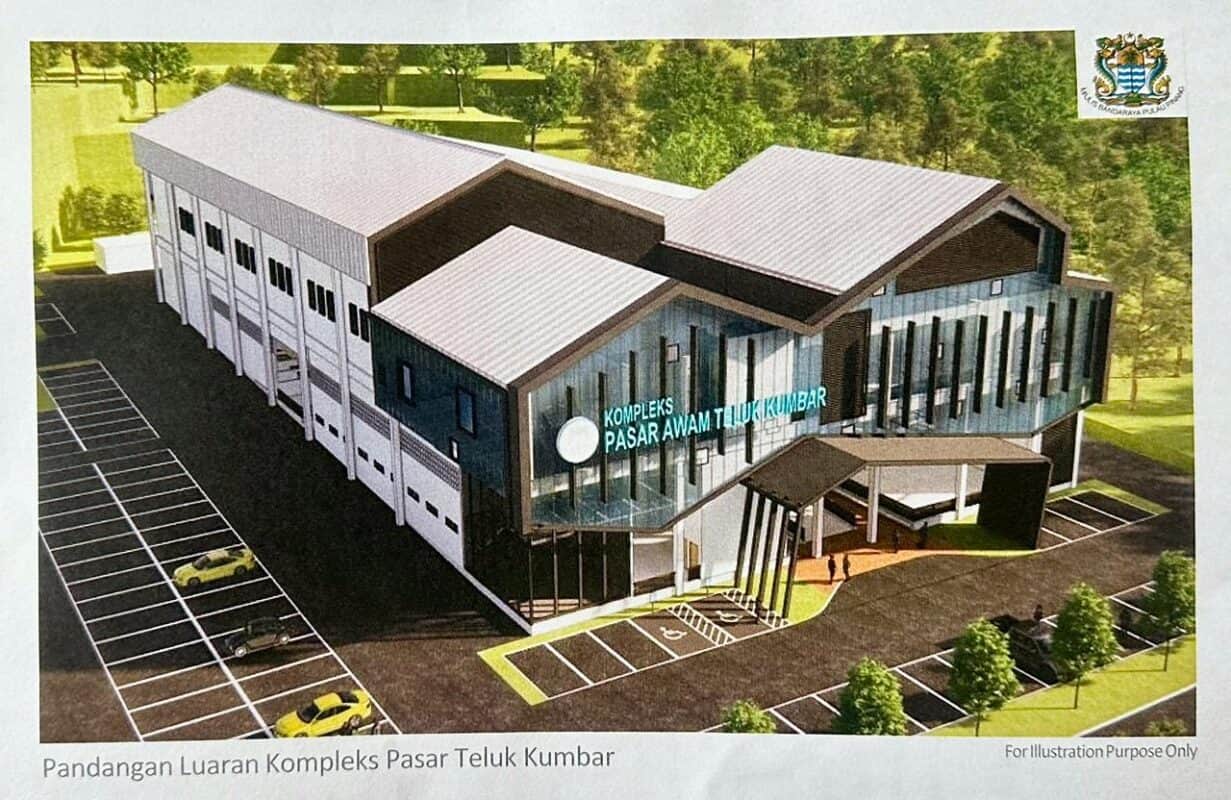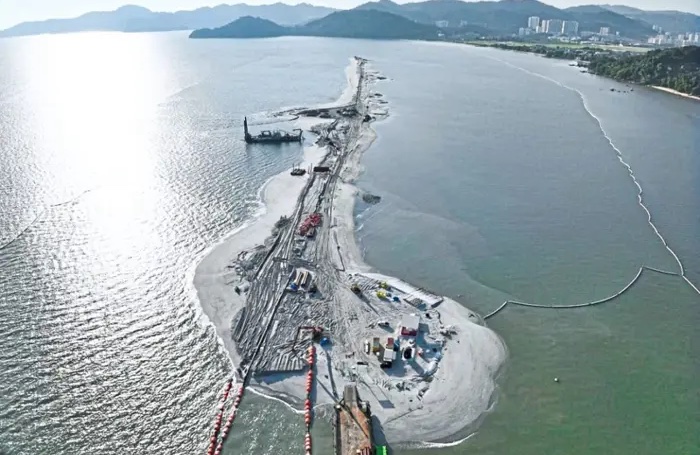
Silicon Island reclamation works ongoing as of June 2024. (Source: The Star)
Penang Silicon Island, an ambitious reclamation project that is garnering international acclaim for its innovative approach to urban development and sustainability. Spearheaded by Silicon Island Development Sdn Bhd (SIDSB), this initiative is set to transform the landscape, not just physically, but environmentally and socially in Penang as well.
At the core of Silicon Island’s vision is a bold commitment to reducing carbon emissions and fostering sustainable mobility. The project’s pioneering 70:30 public-private transport modal shift aims to drastically decrease reliance on private vehicles in favor of more environmentally friendly alternatives such as public transportation and cycling. This strategic move is projected to achieve a substantial 44% reduction in transport-related emissions compared to conventional urban developments.
Datuk Szeto Wai Loong, CEO of SIDSB, underscores the holistic nature of Silicon Island’s sustainability strategy. Beyond transportation, the island will implement cutting-edge waste management systems. These include food macerators in every household to break down organic waste before it enters the sewerage system, thereby alleviating pressure on landfills and reducing methane emissions. Additionally, Silicon Island promotes composting of organic waste to produce natural fertilizers, further enhancing its circular economy approach.
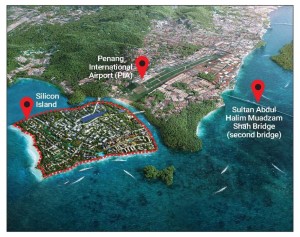 Silicon Island is not merely a residential or commercial enclave; it aspires to redefine Penang’s identity as a global leader in green technology and sustainable living. Central to this ambition is the Green Tech Park, an industrial area powered entirely by renewable energy. This eco-friendly infrastructure is designed to attract ESG-conscious businesses, positioning Silicon Island as a hub for innovation in the electrical and electronics (E&E) manufacturing sector and beyond.
Silicon Island is not merely a residential or commercial enclave; it aspires to redefine Penang’s identity as a global leader in green technology and sustainable living. Central to this ambition is the Green Tech Park, an industrial area powered entirely by renewable energy. This eco-friendly infrastructure is designed to attract ESG-conscious businesses, positioning Silicon Island as a hub for innovation in the electrical and electronics (E&E) manufacturing sector and beyond.
Water management is another cornerstone of Silicon Island’s sustainability framework. The island incorporates rainwater harvesting systems and dual-function sewerage treatment plants that recycle water for non-potable uses. These initiatives not only conserve water resources but also minimize the environmental impact of traditional water infrastructure.
In terms of green spaces, Silicon Island prioritizes public parks and gardens, allocating 17.5% of its total land area—162 hectares—to natural habitats and recreational areas. This commitment to greenery not only enhances the island’s aesthetic appeal but also promotes biodiversity and improves the quality of life for its anticipated 102,000 inhabitants.
Silicon Island’s efforts have not gone unnoticed on the global stage. The project has been awarded the prestigious 5 Diamond MGTC Low Carbon Cities 2030 Challenge Accreditation by the Malaysian Green Technology & Climate Change Corporation (MGTC), recognizing its exemplary commitment to reducing carbon emissions and promoting sustainable urban development.
Looking ahead, SIDSB remains focused on accelerating the development timeline for Silicon Island. With ongoing reclamation efforts and strategic partnerships, including with turnkey contractor SRS TC Sdn Bhd, a subsidiary of Gamuda Bhd, the project is poised to meet its ambitious goals of reclaiming substantial land by 2032.
To ensure the integrity of its Environmental, Social, and Governance (ESG) commitments, Silicon Island adheres to stringent urban development plans. These plans not only guide the physical construction and infrastructure development but also ensure compliance with national and international sustainability standards, including potential legislation under the Town & Country Planning Act 172.
(Source: The Star)

